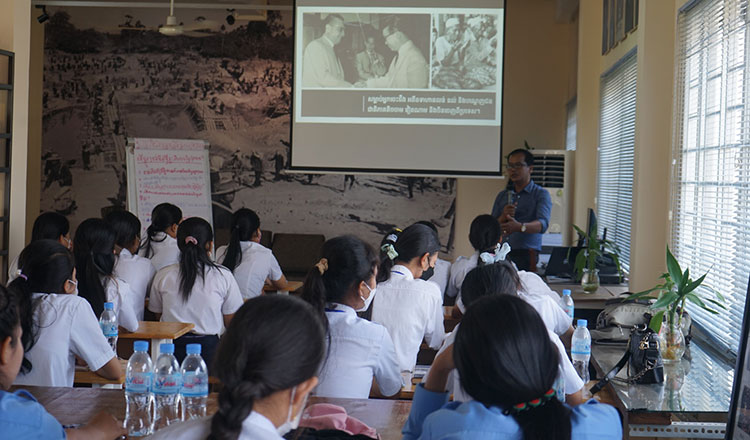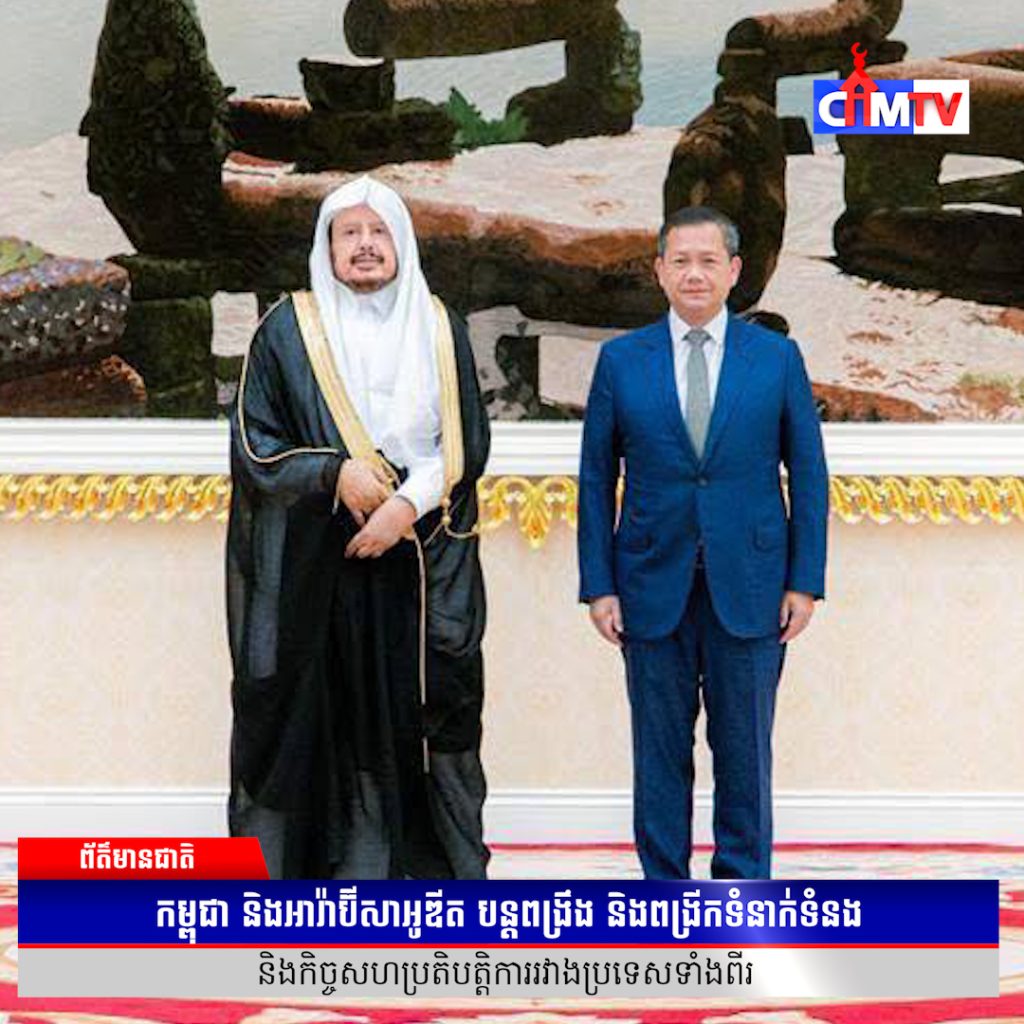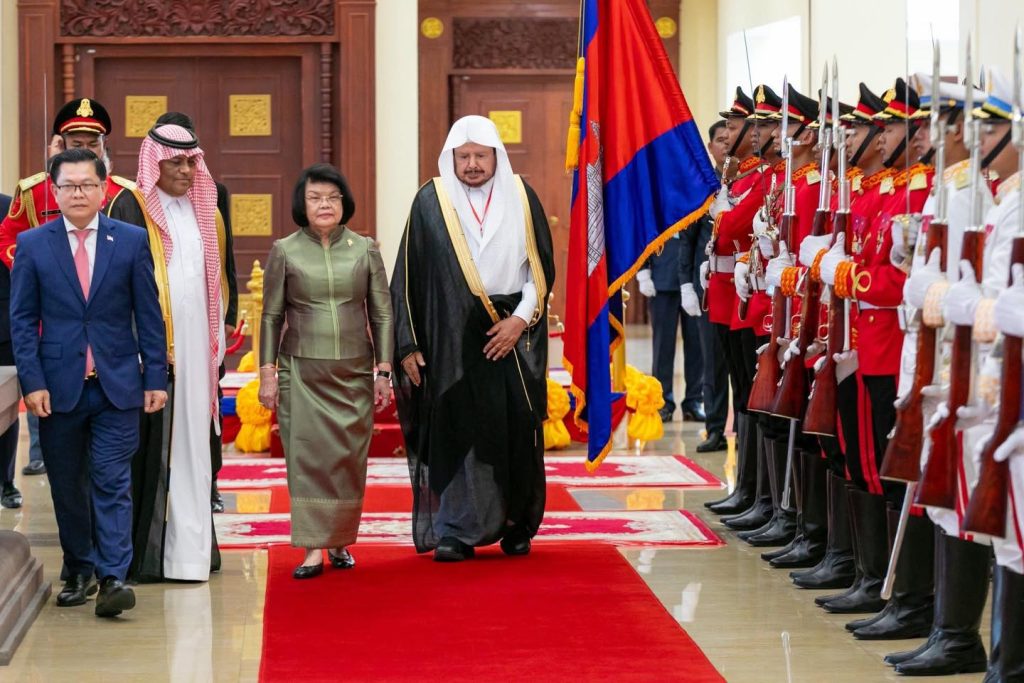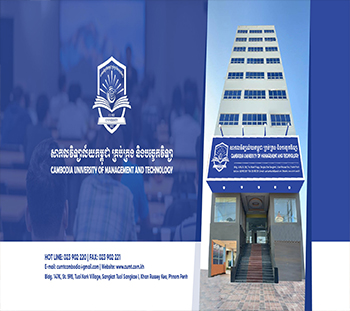
DC-Cam plays crucial role to document history of Khmer Rouge

The Document Center of Cambodia plays a crucial role in documenting the history of the Khmer Rouge and educating youngsters about the genocidal regime.
As a non-governmental organisation, the Document Center of Cambodia (DC-Cam) aims to document and study the period of Democratic Kampuchea from April 17, 1975 to January 7, 1979.
Within a project called “Cambodia Genocide Research and Education”, DC-Cam conducts research about the history of the Khmer Rouge, trains teachers on genocide education methodology, raises public awareness of the atrocities committed by the Khmer Rouge, and supports access to health services for Khmer Rouge survivors.
The research is done through its other documentation centres in Kampong Cham, Tboung Khmum, Prey Veng, Takeo, Pursat and Oddar Meanchey provinces.
In 2023, DC-Cam collected over 1,000 oral histories of Khmer Rouge survivors, which captured their perspectives on long-term health needs and the relationship between these needs and trauma experienced under the Khmer Rouge regime.
The centres are also places to give youths a chance to contribute to the prevention of genocide. In 2024, DC-Cam recruited another 1,000 young volunteers to work with Khmer Rouge survivors, which allows them to learn about the genocidal regime from the perspective of those who lived through it.
Chhang Youk, executive director of DC-Cam, said that nothing can compensate for the two million lives lost during the Khmer Rouge regime.
“It took us 45 years to restore our country, and it is still not the same,” said Youk.
These efforts have to be ongoing to address this issue, because if we stop, genocide will happen again, added Youk.
He said that the efforts are not only from DC-Cam, but the government, the international community, military, civilians, as well as civil society.
“Among all the efforts, they are all equally important,” said Youk. “It does not have to be done by DC-Cam alone to be effective; every effort matters in tackling this issue.”
Youk also urged everyone to contribute to this work, as we need their contribution on the way to finding justice.
“You cannot find justice on your own; you need everyone, every effort, and solidarity to make it happen,” Youk added.
Pheng Pong Rasy, Director of Genocide Education at DC-Cam, said that it is essential for the younger generation to learn about the history of their country, especially the dark times.
“The main goal is for them to memorise the history, to avoid repeating it,” said Rasy.
DC-Cam has successfully conducted its mission with students from high schools in six target provinces.
“Training takes place every Sunday at DC-Cam documentation centres. The students are free to join the classes,” said Rasy.
Also, in collaboration with the Office of the UN Special Adviser on the Prevention of Genocide (OSAPG), DC-Cam developed an atrocity crime prevention programme and guidebook to train high school teachers from Cambodia, Thailand and Vietnam.
Since 1996, DC-Cam has worked with teachers, independent researchers, students and members of the public to offer education on Khmer Rouge history, accountability, and human rights to foster reconciliation and healing.

DC-Cam’s Prey Veng documentation centre class at Mesang High School on March 19, 2022. DC-Cam






